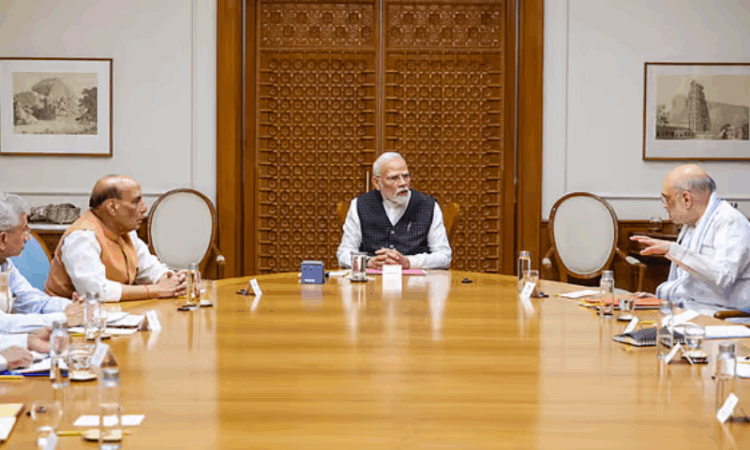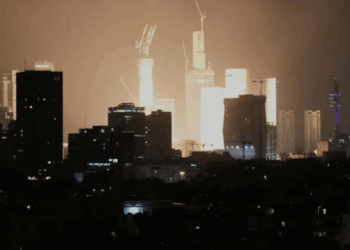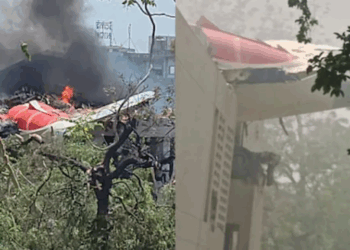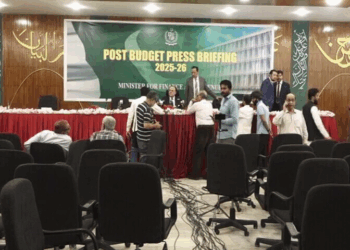New Delhi, April 23, 2025: In a major escalation of diplomatic and strategic measures, India on Wednesday suspended the Indus Waters Treaty and imposed a ban on the entry of Pakistani nationals, following a deadly attack in Indian Illegally Occupied Jammu and Kashmir (IIOJK) that left at least 26 tourists dead.
The steps were announced after a high-level meeting of the Cabinet Committee on Security, India’s top decision-making body on national security. Addressing a press briefing, Ministry of External Affairs (MEA) representative Vikram Misri described the actions as part of a “decisive response to cross-border terrorism.”
Effective immediately, India will suspend the implementation of the 1960 Indus Waters Treaty, a longstanding water-sharing agreement brokered by the World Bank between India and Pakistan. “This suspension will remain in effect until Pakistan credibly and irreversibly ceases its support for cross-border terrorism,” said Misri.
Additionally, India has closed the Integrated Check Post at Attari. Pakistani citizens who have already entered India through this route have been asked to return before May 1, 2025.
Further, the government has canceled all existing visas issued to Pakistani nationals under the SAARC Visa Exemption Scheme (SVES), and barred future entries under the scheme. Any Pakistani citizen currently in India under SVES has been instructed to leave within 48 hours.
India has also declared the Pakistani military, naval, and air advisors stationed at the High Commission in New Delhi as persona non grata, ordering them to leave within a week. In a reciprocal move, India will withdraw its own defence advisors from its High Commission in Islamabad.
In another significant diplomatic downgrade, the strength of both countries’ High Commissions will be reduced to 30 personnel from the current 55, to be implemented by May 1.
These developments follow Tuesday’s mass shooting in the scenic Baisaran valley of Pahalgam, where suspected militants opened fire on a group of tourists. The attack killed 25 Indian nationals and one Nepalese tourist, and injured at least 17 others, making it the deadliest attack on civilians in India since the 2008 Mumbai attacks.
Security sources reported that at the time of the attack, approximately 1,000 tourists and 300 local workers were present in the valley. Authorities have released sketches of three of the four suspected attackers, who were reportedly wearing traditional attire and, in one case, a body camera.
A relatively unknown militant group calling itself the “Kashmir Resistance” claimed responsibility via social media, citing alleged demographic changes in the region due to the settlement of over 85,000 “outsiders.”
Indian security forces have launched a large-scale operation in the area and are questioning around 100 individuals with past links to insurgency, officials said.
Reacting to the incident, Pakistani Foreign Ministry spokesperson Shafqat Ali Khan expressed condolences for the victims. “We are deeply concerned at the loss of innocent lives. Our sympathies are with the families of the deceased, and we wish the injured a swift recovery,” he said in a statement.








